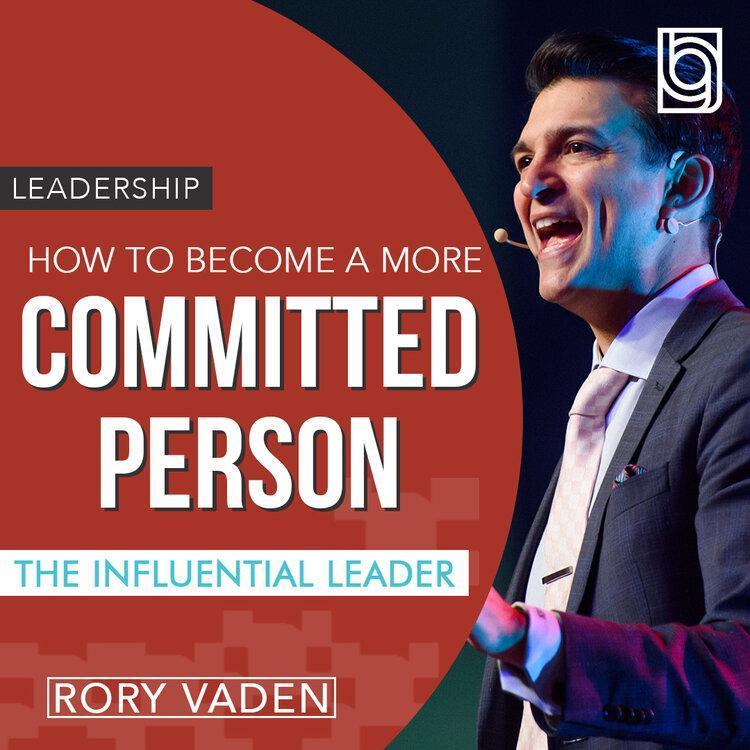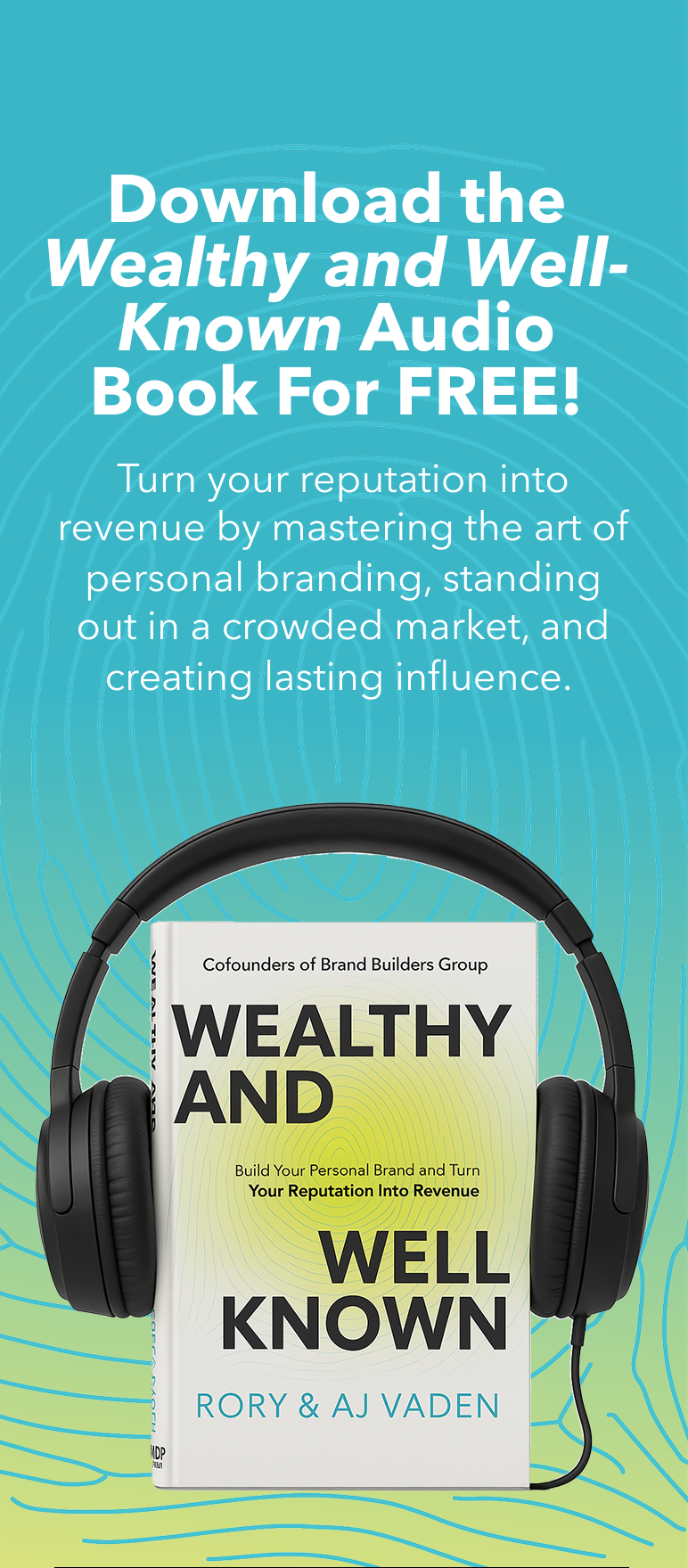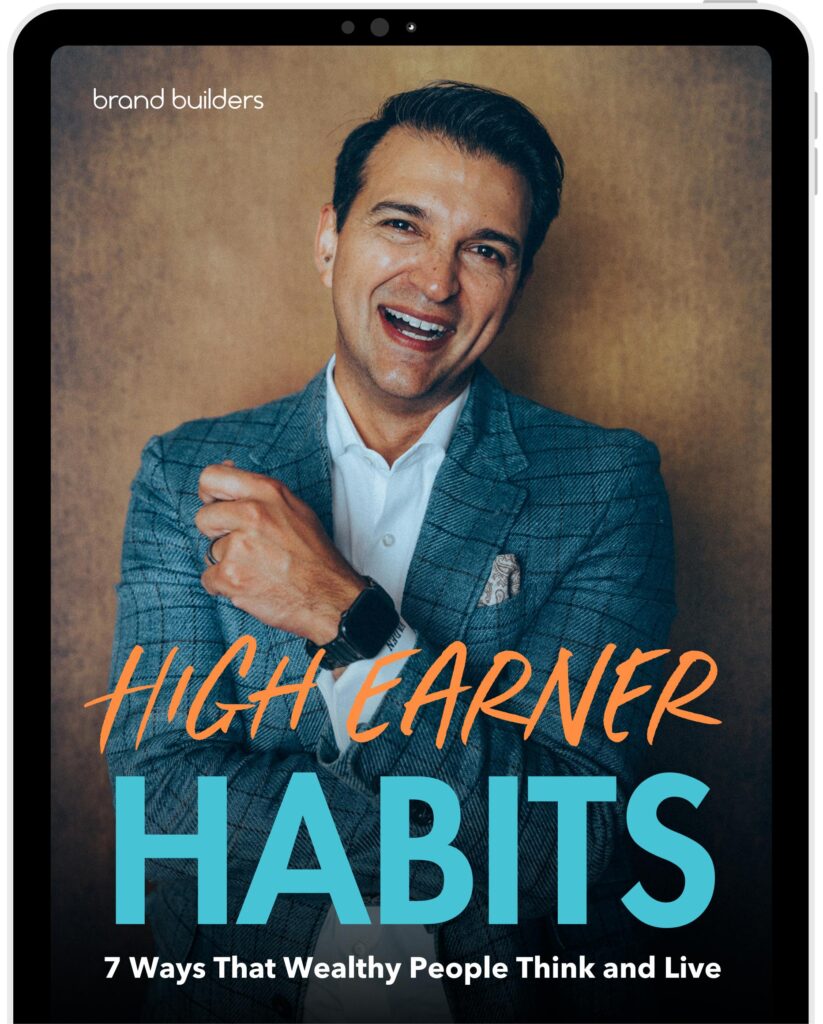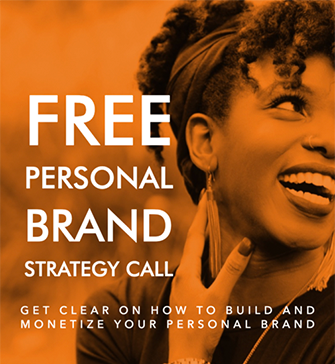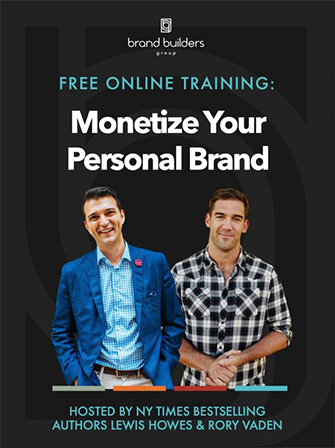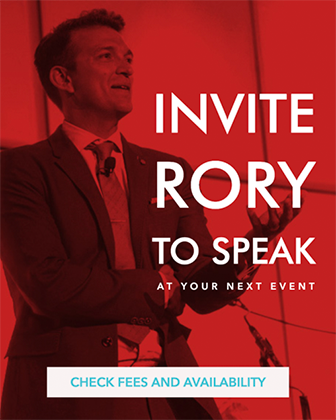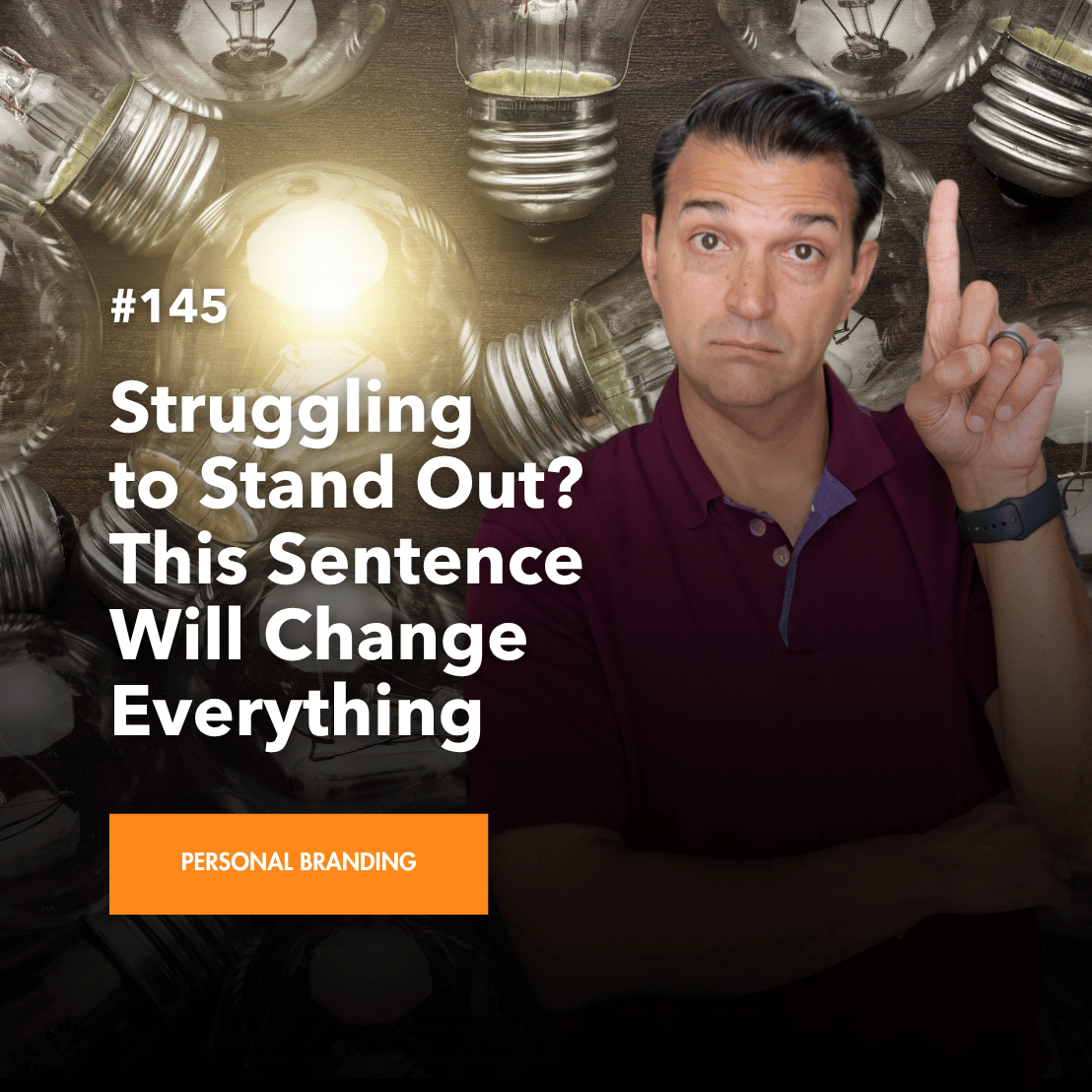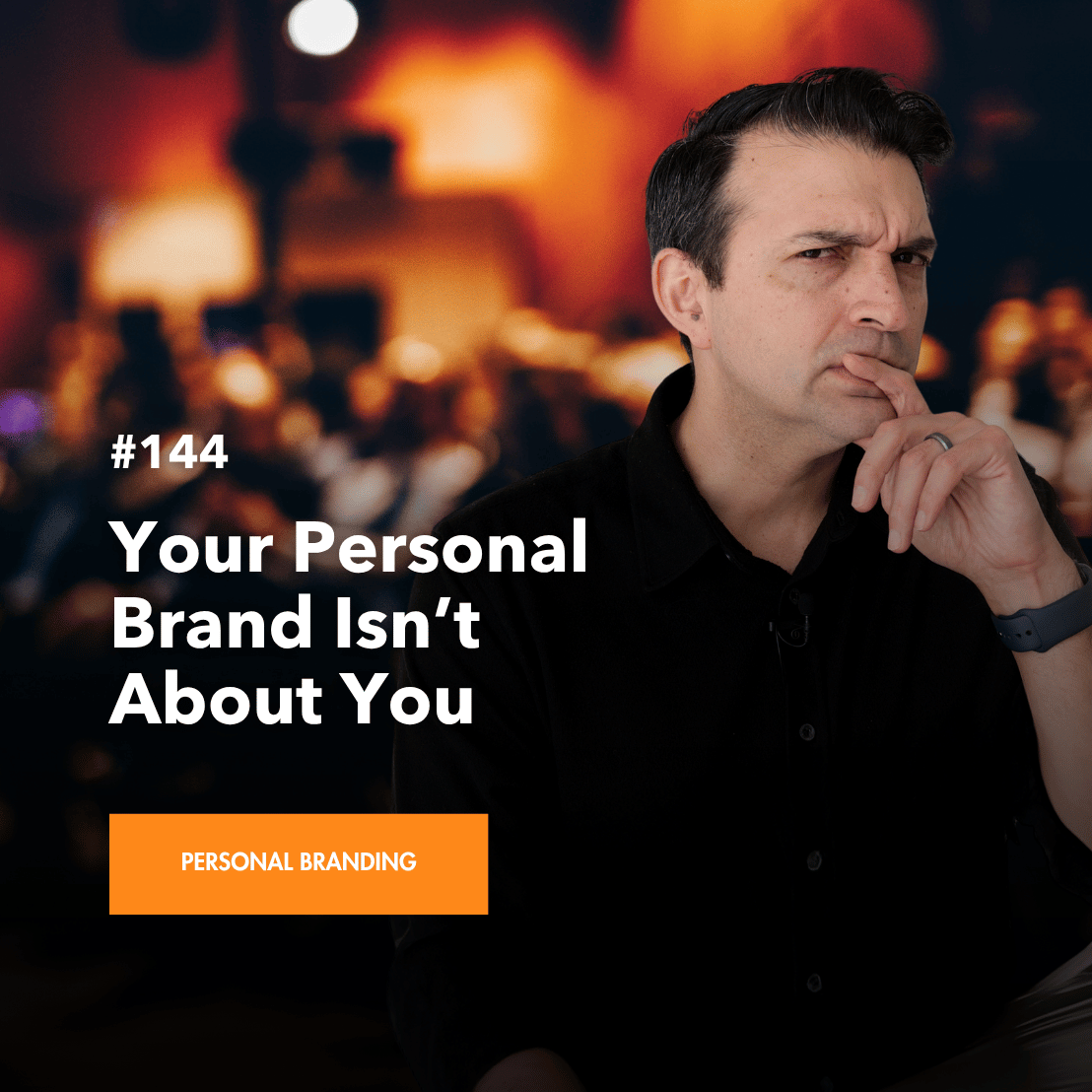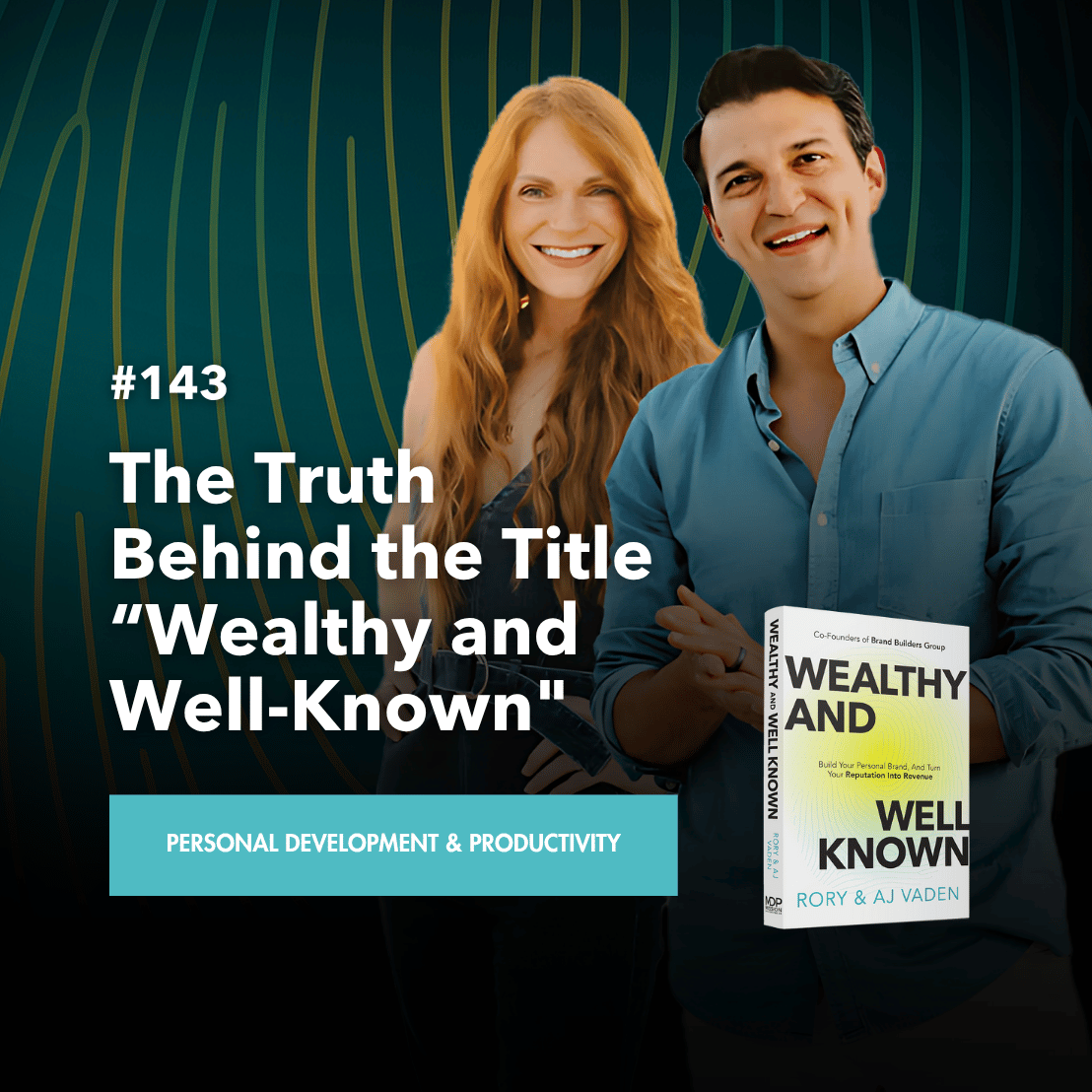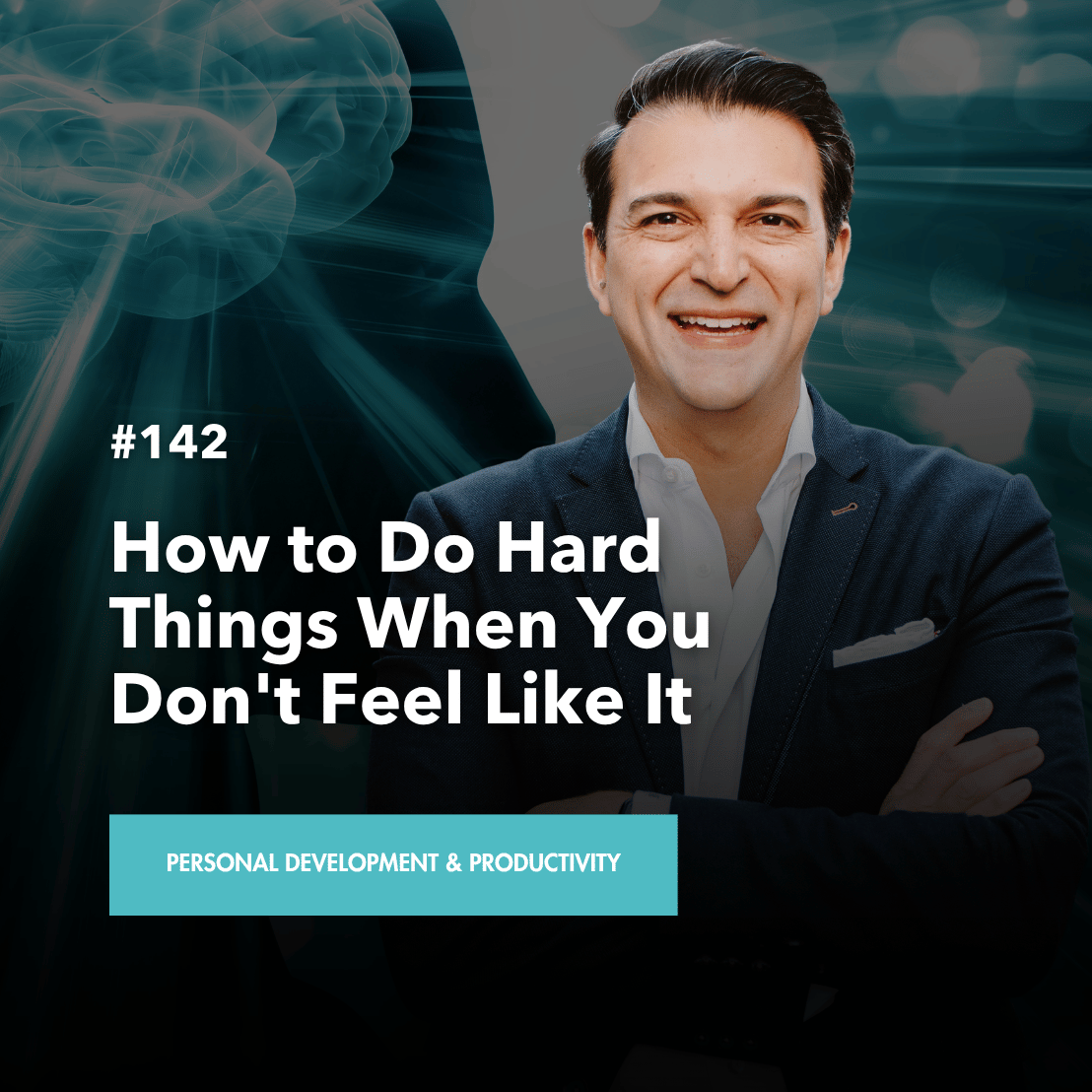The Buy-In principle simply says that the more we have invested into something, the less likely we are to let it fail.
This makes sense why it’s so hard to lose loved ones.
This makes sense why it’s so hard to walk away from projects that we’ve sunk tons of money into.
This makes sense why some of you probably have a situation where it’s hard, in a family-owned business, for grandpa to transfer ownership to the son because he has his whole life invested in the business that he’s built. It’s not just about money and control. It’s about identity. And it’s hard when we have so much wrapped up in that.
We can understand this intuitively, or academically, or logically, but it’s very hard to live by this pragmatically because what this suggests is that the moment it becomes difficult to follow through on a commitment that you made, what we should do is increase the investment.
What we should do is spend more time, more money, more prayer, more love, etc. into whatever that goal is, which is exactly the opposite of how the escalator world works.
Most of us don’t do that.
Most of us keep our commitments conditionally.
We keep our commitments as long as they are convenient to do.
So, what we do is the moment that it becomes difficult to follow through on a commitment, we start challenging and questioning ourselves.
How to Achieve Your Goals
And we think you know what? Maybe that goal is just too big. Now’s not the right time. Maybe I’m not the right person.
And maybe this would be easier if I did it another way, rather than investing in, leaning into, or going all after that thing.
Here’s an example. Let’s just say, hypothetically, that at some point in your life, you made a resolution to lose a little weight.
Let’s pretend that today is the day. Now is the time to go to the gym.
The thought process, for most of us in our head, sounds something like this. See if this sounds familiar.
We sit here and ask ourselves if we feel like working out right now.
And friends, what is usually the answer to that question?
No, no. I do not feel like working out right now or ever as a matter of fact.
The brain is working against you because the brain is trying to keep you safe.
Safety is about conserving energy. That’s what your brain is designed to do.
So your brain is going to say no and we know that the emotional energy is what is being expended.
It’s what makes it feel harder than it is.
Here’s the other example.
What we know is that once you get to the gym, the hard part is not getting on the treadmill.
That’s not the hard part.
The hard part is when you’re sitting on the couch, deciding whether you should even go, right?
Somehow when you get to the gym, the physical energy shows up.
Somehow you work out for 60 minutes and in the end, you have more energy than what you had when you started, because that’s how the body works differently from the brain.
It re-energizes. The body’s like an alternator, right? It re-energizes itself.
One of the Navy Seals, Mark Divine, said that the whole purpose of their Navy Seals BUD/S Hell Week, which is an insane week they go through, is not to train the body.
The purpose of their Hell Week is to train the mind.
The body can take damn near anything. It’s the mind that needs conditioning.
It’s the mind that is weak.
It is the mind that pulls you towards safety if you let it, but it can be conditioned.
It can be trained. It can be instructed. It can be taught. It can be managed. It can be shaped.
It can be molded if you know how to do it and if you know what you should do.
So here’s what happens in your mind when we come to this point to make a decision, and that decision could be a million things.
It could be things such as should we start doing Facebook ads?
Should we start doing a podcast?
Should we start using referral partners?
It could be anything.
It doesn’t matter when we get to this part, the decisional threshold is where we’re forced to make a decision.
And in your brain, one of two things happens at this moment when it comes down to it.
How to Develop a Positive Attitude
Believe it or not, it’s your attitude. It’s your attitude.
And I will say, I have always been skeptical of attitude.
It always seemed kind of fluffy to me until a couple of years ago when I met this Jamaican cab driver.
So my wife, AJ, and I were flying into Jamaica; we were going on vacation.
I had been working way too hard. I badly needed a vacation.
And so we’re on the airplane getting ready to take off to go to Jamaica.
And in my mind I have this picture of vacation, right?
I’m just like, “Oh, this is just going to be great. We’re going to lay on the beach, sleep in all day and just soak up the sun and drink a bunch of waters.”
And I have this beautiful picture.
When we get off the plane in Jamaica, it is a complete torrential downpour.
I am talking about serious rain and this bothered me. I was the one that was upset.
And so my negative attitude, or my negative, as I liked to call it, came out and I was being all flippant and pissed.
(Don’t judge me. I’m sorry. I let you down. But I’m all upset.)
And our cab driver is this big, tall, dark, Jamaican man.
And so, I started talking to him. I’m like, “Geez, cabby, what is the deal with all this rain, brother? This is Jamaica. This is the land of sunshine. Is it going to rain all week? Like, what’s with all the rain?”
And this guy looks back at me and he smiles and says, “In Jamaica, we don’t have rain. We only have liquid sunshine, mon. Liquid sunshine.”
And when he said that, it finally clicked in my head what the real definition of attitude is.
You see attitude isn’t fluffy. It’s very pragmatic.
And the definition that we offer now is that attitude is simply the way you choose to see things.
That’s it.
Attitude is the way you choose to see things.
You can choose to see it as rain, or you can choose to see it as liquid sunshine.
What you do not get a choice over, however, is whether or not those drops fall from the sky.
And that’s the problem.
All of us get upset about the regulations, the circumstances, the rain falling, etc.
We spend all of our emotional energy being upset and angry at this or that.
We have no emotional energy left over to go get a stupid umbrella and just keep going.
It’s a slight and simple adaptation.
We just don’t do it because our energy has gone.
What are you adapting to? Let me know in the comments below.
